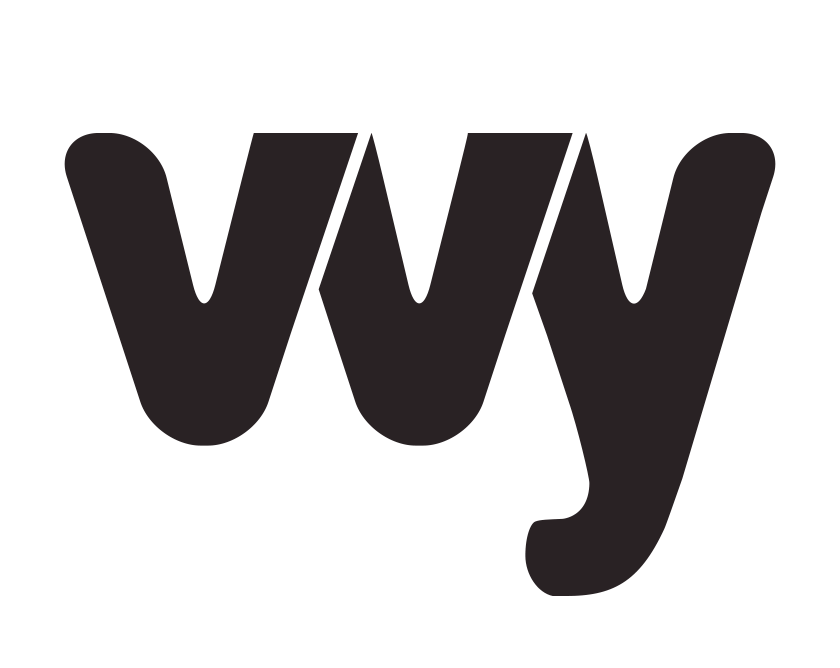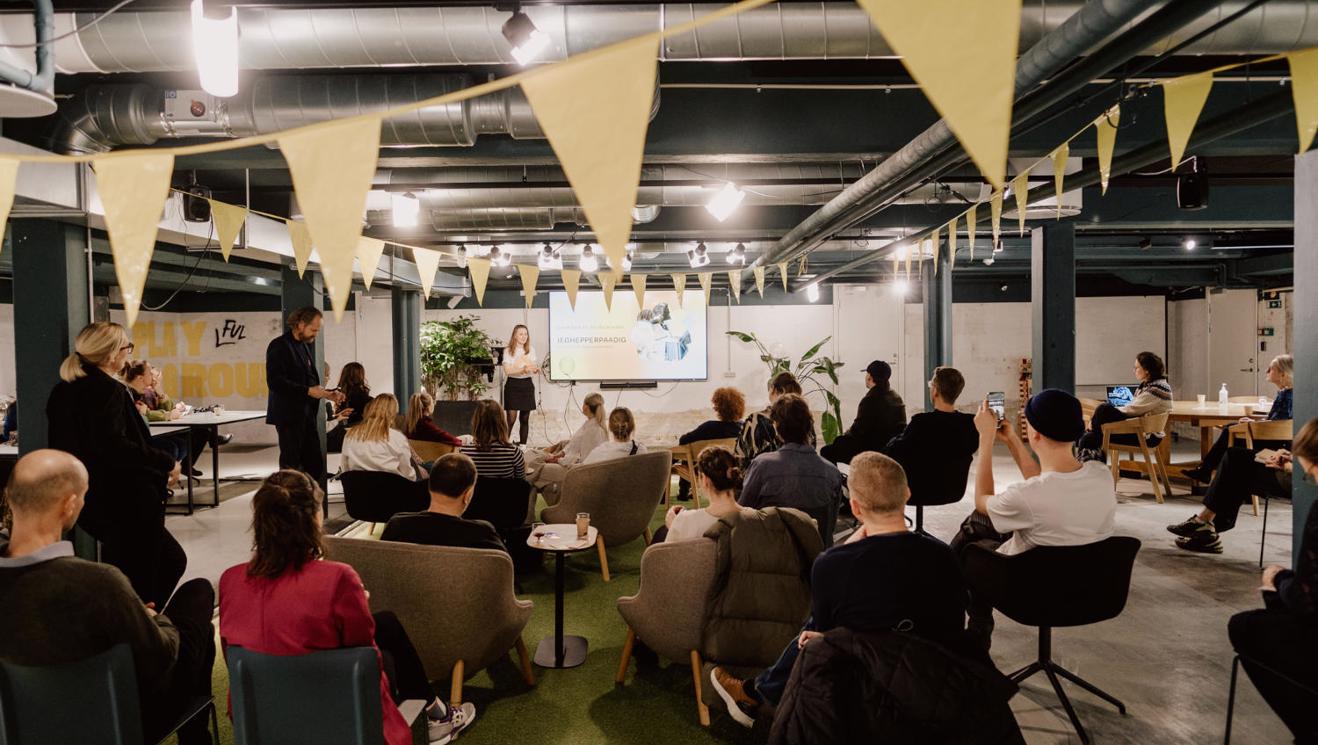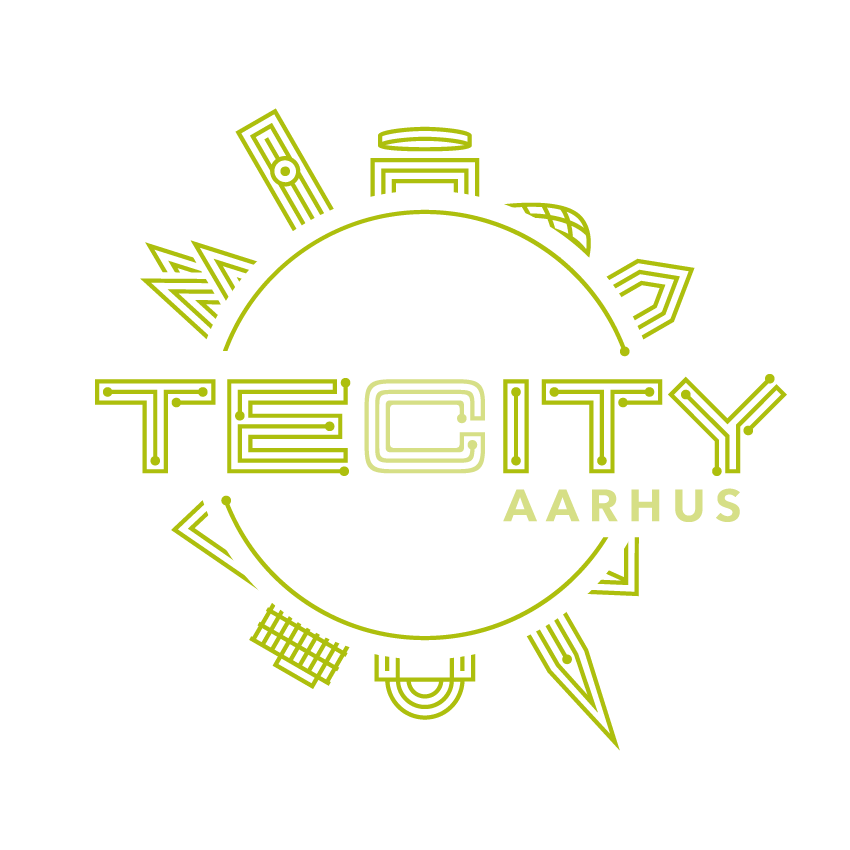AI and cybersecurity is an arms race: More startups need to enter the fray


When hackers attack with AI, defense must be smart too. That’s why the new cybersecurity course from Co-Coders and Campfire Security isn’t just another course offering – it’s a rebuttal to hype, ignorance and fear of technology.
Behind the project are Co-Coders and Campfire Security, who have deep roots in the cybersecurity community. Together, they have set out to make basic knowledge about digital threats accessible to both startups and small and medium-sized businesses to better equip decision-makers and employees to understand what cybersecurity really is.
The program is built around three modules with hands-on tasks. There will also be a free SMIL pre-event at The Kitchen in Aarhus, where participants can spar with Campfire experts and each other.
“We can talk a lot about cybersecurity, but if you don’t try it yourself, it won’t stick,” says Lise Lystlund, CEO of Co-Coders.
It’s not about turning participants into experts, but about demystifying the field and giving them a better basis for making informed decisions in a digital reality where AI and cyber threats are increasingly merging.
AI and cybersecurity shouldn’t be solved in silos
Co-Coders’ strength is AI. Campfire’s is cybersecurity. The combination is not accidental – it’s necessary.
“AI and cybersecurity is a bit like an arms race. As soon as AI gets wilder, cybersecurity has to keep up,” explains Lise Lystlund.
This is precisely why Co-Coders do not try to act as cyber security experts themselves, but instead ally themselves with someone who has the credibility and experience. The courses are based on Campfire’s learning content, but are facilitated, structured and delivered by Co-Coders – with both online learning spaces and physical events.
Read also: Quarter of a million Danes to be equipped against digital attacks – TechSavvy
At the same time, there is a strategic point to the collaboration: AI and cybersecurity are increasingly mutually dependent. Hackers use AI to attack smarter, but AI is also used to detect and predict attacks. It’s about using technology before technology is used against you.
“It’s not rocket science to make AI voices that sound like you, for example. It’s pretty simple today, and it can do a lot of damage. But AI can also be part of the solution if we use it to understand patterns and predict attacks,” says Lise Lystlund.
Cybersecurity as a catalyst for new innovation
Co-Coders and Campfire Security want to do more than just upskill. They want to start something bigger: an innovation field where more startups dare to work with cybersecurity and build solutions with European roots.
“If we can activate the startup community, we’ll get some innovation and scalability behind cybersecurity. That could be really cool,” says Lise Lystlund.
She points out that cybersecurity – like AI – is still characterized by hype and misconceptions. This scares many people away. But if you demystify the technologies and create a bridge between the technical geeks and people who understand the everyday problems, then new solutions are possible.
“Cybersecurity is not just about technology. It’s also about understanding what employees do on a daily basis and how to design systems so they don’t make mistakes that hackers can exploit.”
Read also: Investors go to school: New academy to kickstart investment in cybersecurity – TechSavvy
With this collaboration, Co-Coders and Campfire Security want to open the door to more types of profiles in the cybersecurity world – those with anthropological, organizational or creative backgrounds. Because the field is far from fully developed.
“We’ve only just begun. And we need people who can combine knowledge in new ways – not just those who can code,” concludes Lise Lystlund.
Indlægget AI and cybersecurity is an arms race: More startups need to enter the fray blev først udgivet på TechSavvy.
